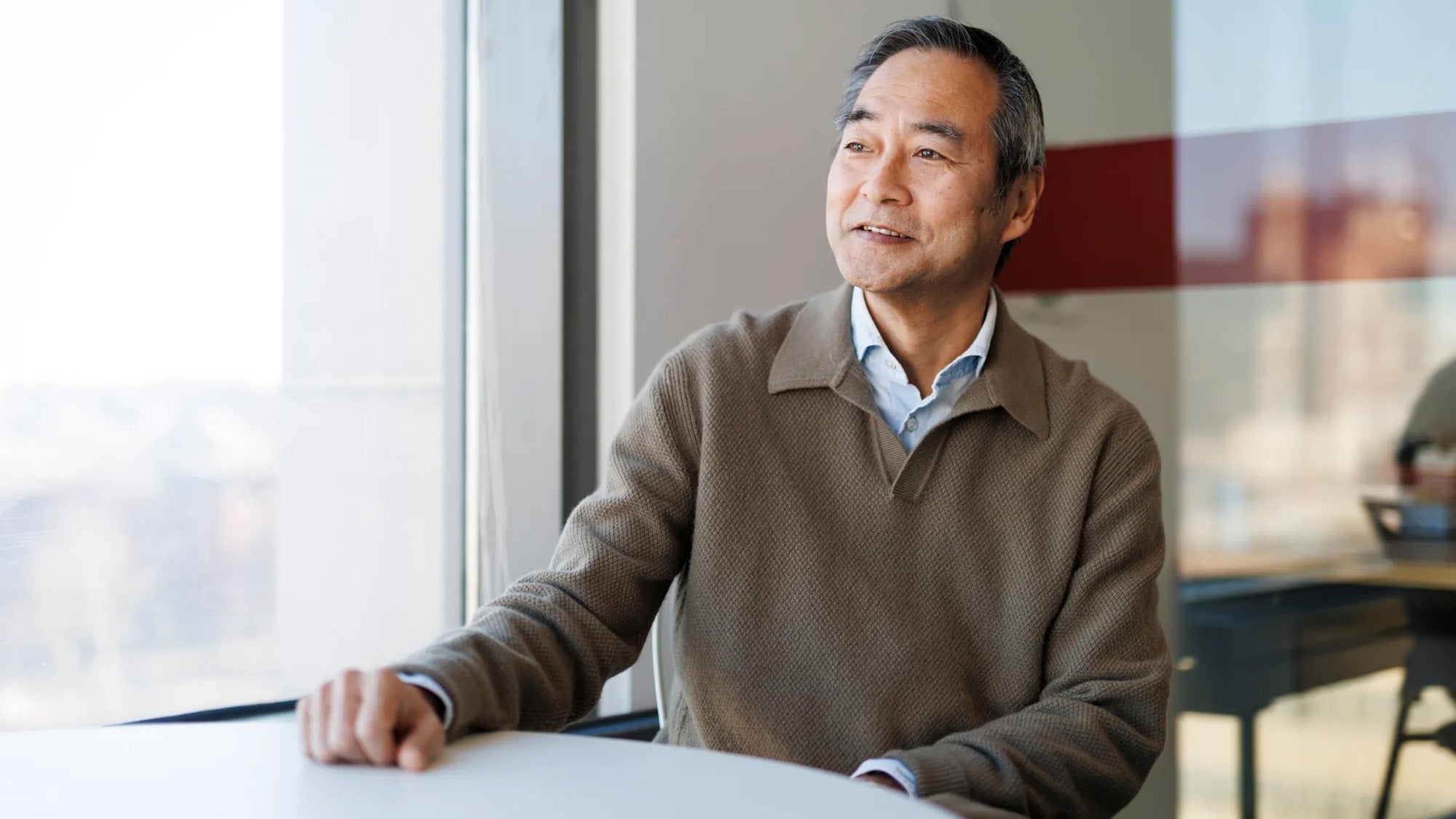To boost longevity, choose simple, science-based strategies

Social media is rife with claims about experimental and expensive ways to hack your way to a longer life, from supplements to sleep coaching. But experts quoted in an April 10 New York Times article suggest that simple, science-backed strategies are still the best option. These include:
- getting regular aerobic exercise—at least 150 minutes per week of moderate activity or 75 minutes of vigorous activity is ideal, but some is better than none
- eating a diet focused on unprocessed, whole foods such as the Mediterranean or DASH diet
- aiming for seven hours of mostly uninterrupted sleep
Experts also recommend training your brain to be more optimistic. Laura Kubzansky, professor of social and behavioral sciences at Harvard T.H. Chan School of Public Health, who studies the health benefits of optimism, said in the Times article that journaling and talk therapy are ways that people can train themselves to think more positively.
To test whether these lifestyle approaches are working, you don’t need a pricey “biological age” test, said William Mair, professor of molecular metabolism, in the article. The tests are not sophisticated enough to be conclusive, he said. He suggested that people simply ask themselves whether their health habits are helping them feel healthy and sharp.
He also cautioned against jumping on the latest trendy longevity hack. “If it’s available online right now, people don’t wait. But my argument would be, they should,” he said.
Read the New York Times article: 5 Science-Backed Longevity ‘Hacks’ That Don’t Cost a Fortune
Learn more
Can humans live longer? Maybe. (Harvard Chan School news)


